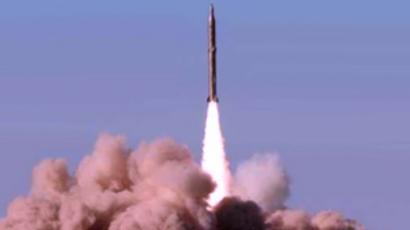Threats from third countries should bring U.S. and Russia together
Russia's parliament is planning to address the deployment of U.S. Patriot missiles in Poland during debates on the new strategic arms reduction treaty.
This comes as Moscow voiced its unhappiness with America's defense plans.
The link between offensive and defensive weapons embedded in the treaty lets Russia withdraw from the agreement if it feels that the balance of power has somehow shifted.
But as former assistant secretary of state Richard Burt says, missile defense should not stand in the way of the ratification but should help bring Moscow and Washington closer together.
"What the U.S. has acknowledged is there is a relationship between offensive forces, missiles and bombers, and defenses," said Burt, who was the chief arms control negotiator for START talks in 1991.
"So it is important that in future talks the U.S. and Russia work at some kind of cooperative approach to missile defense," the diplomat said. "Increasingly, the problem is not that the U.S. and Russia are likely
fighting a nuclear war – that is not likely at all. The problem is this spread of nuclear weapons to countries like Iran, which could threaten both the U.S. and Russia."
"What the U.S. and Russia need to do is figure out how they can work together to put in place a system that could defend against threats from third countries like Iran," Burt added.













